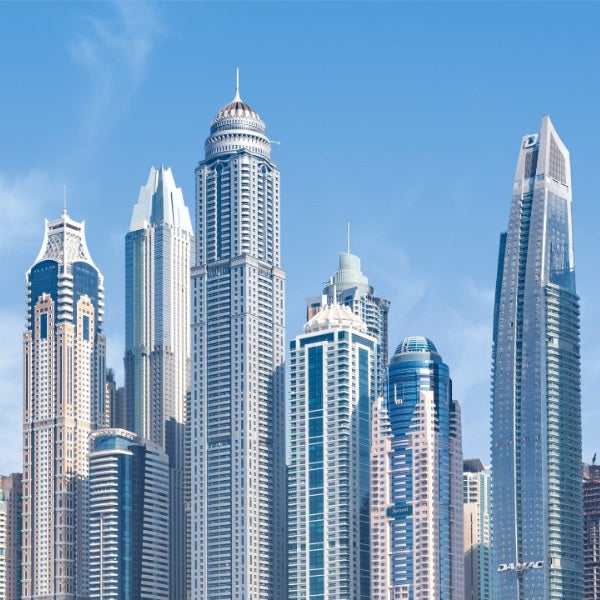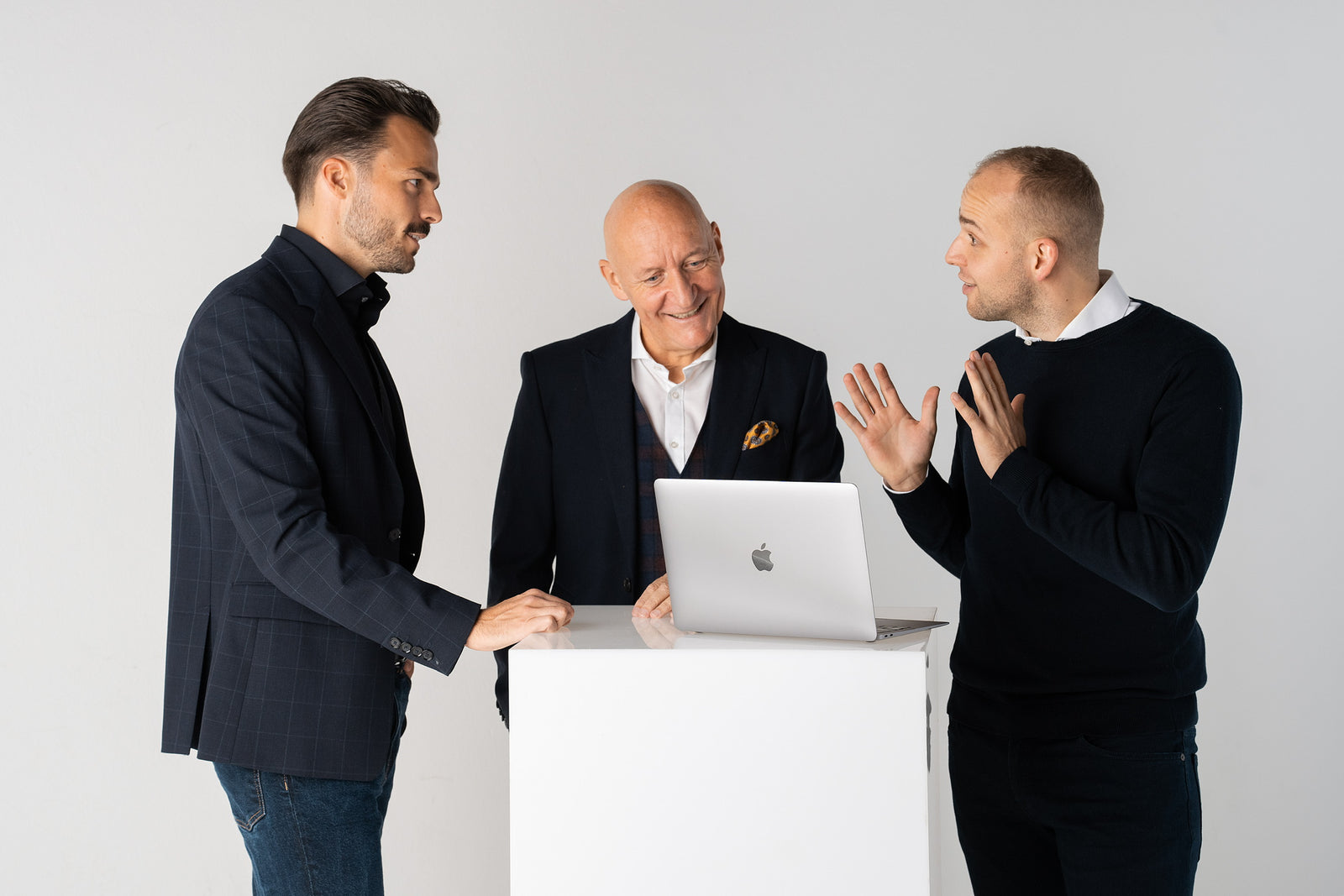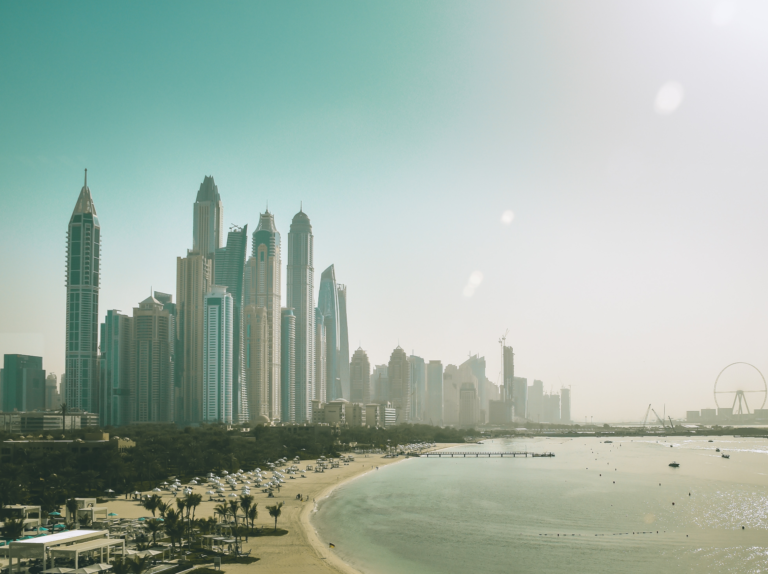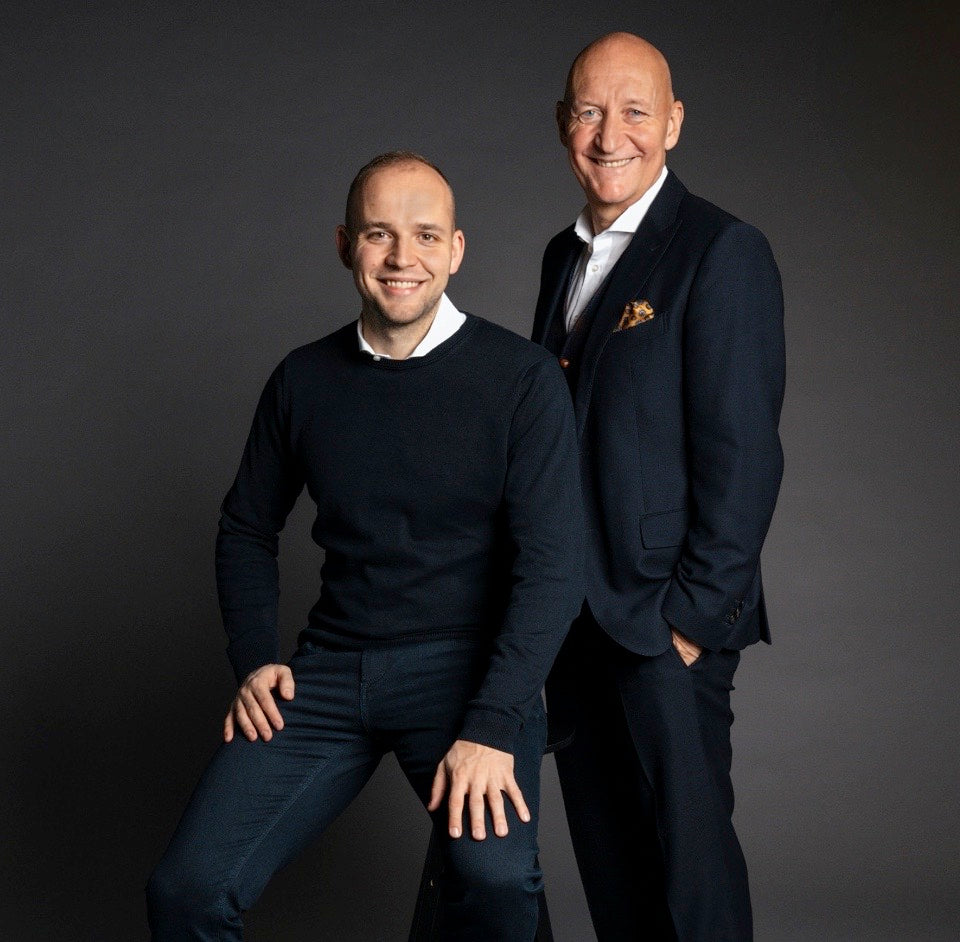The oil boom in the 1950s triggered rapid economic growth in Dubai. Towers were built, international companies came to Dubai and tourism increased steadily. But as the economy grew, so did its ecological footprint. In 2006, WWF stated that the UAE was the country with the largest per capita ecological footprint in the world. Dubai was the top performer among the seven emirates. Rapid growth and urbanization is a challenge in terms of sustainability. Two years later, the UAE launched the "Masdar" project, the Arabic word for "source," in partnership with WWF, marking its first effort to promote sustainability.
In 2017, the UAE launched the "UAE Energy Strategy 2050." The goal of this strategy is to increase the contribution of clean energy to total consumption from 25% to 50% by 2050, while reducing CO2 emissions from power generation by 70%. In addition, Dubai unveiled the Dubai Clean Energy Strategy in 2015. With this plan, Dubai aims to source 75% of its energy needs from clean energy sources by 2050, becoming the most sustainable city in the world.
The strategy includes three main themes. The first theme focuses on initiatives to rapidly transform the efficiency of electricity consumption, diversify the source of electricity, and ensure security of supply. The second theme focuses on finding new solutions to complement the electricity and transportation systems, and the third theme includes research, development and innovation.

Among these three main themes falls the initiative of the "Mohammed bin Rashid Al Maktoum Solar Energy Park". This is currently the largest solar energy plant in the world and was inaugurated before the "Dubai Clean Energy Strategy" in 2013. One natural wealth that Dubai possesses is namely the sun. However, due to the heat triggered by the sun, there is a high reliance on air conditioning, which is why the buildings in Dubai consume a lot of electricity. Therefore, the development of "green" buildings is strongly in focus.
In this context, the "Shams Dubai Initiative" was launched. ("Shams" is Arabic and means "sun.") The first phase of this program aims to encourage all building owners to install solar panels on their buildings to generate electricity and connect them to the DEWA (Dubai Electricity & Water Authority) grid to deliver the excess. By 2030, all buildings in Dubai are to be equipped with solar panels.

Another initiative is the Dubai Green Mobility Initiative. This is intended to promote the use of sustainable means of transport and the use of hybrid as well as electric vehicles. In the 2040 Master Plan, one of the goals is also for half of Dubai's residents to have access to public transportation within 800 meters.
(Another interesting fact about the metro: Dubai Metro is the longest driverless and fully automated metro in the world, with a length of almost 75 kilometers).

Also, a very essential goal in the "Dubai Clean Strategy" is to reduce water waste. In Dubai, rainfall is very short at a time, and very infrequent at that, so water is a luxury good. The UAE is one of the countries with the lowest water consumption in the world, but with 550 liters per day it has the highest per capita water consumption in the world. (By comparison, in Germany, per capita water consumption averages 125 liters per day).
Thanks to technology called "cloud seeding," it is possible to make it rain artificially. However, the sky has to be gray for this, because clouds are needed. The amount of water there is from it is stored in dams and reservoirs. As the managing director of the National Center for Meteorology and Seismology Abdulla al-Mandus points out, "We don't waste a single drop." In addition, the seawater is desalinated to make it drinkable. A natural process is used to desalinate the seawater: evaporation. The water is heated, the salt remains on the bottom and the water escapes in the form of steam. (Many of our customers always ask us if the tap water is drinkable - the answer is "Yes, it is drinkable." 😉)
All of these projects require funding, which is why Dubai has established the Dubai Green Fund. This is designed to provide easy loans to Dubai residents who want to invest in clean energy initiatives, and to provide financial support for research and development programs.

We also sense on the ground that measures are being taken on an ongoing basis. One project that has just recently been launched is the "Dubai Can" project. This aims to reduce plastic bottle waste in Dubai and encourages Dubai residents to use reusable bottles. In conjunction with this initiative, water stations have been installed throughout Dubai where you can fill up your bottle with fresh drinking water for free.
We are excited about the next 30 years and optimistic about the future. 😊




